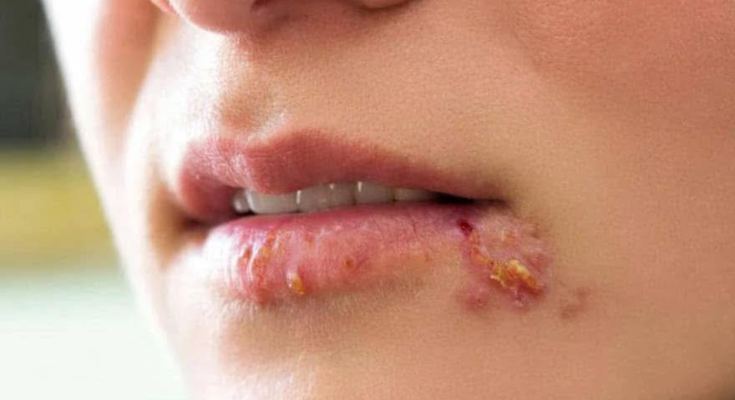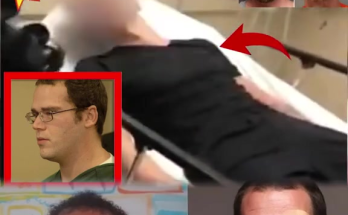
Cold sores—also known as fever blisters—are a common and often uncomfortable skin condition caused by the herpes simplex virus type 1 (HSV-1). While not typically dangerous, cold sores are persistent and contagious, and for many people, they are a recurring concern. Once you’re infected, the virus remains in your body for life, lying dormant in nerve cells until triggered to reactivate.
The herpes simplex virus (HSV-1) is the primary cause of cold sores. It’s usually contracted during childhood through close contact, like kissing or sharing utensils. After the initial infection, the virus travels to the nerve ganglia near the spine, where it stays hidden, often for years.
HSV-1 is different from HSV-2, which is more commonly associated with genital herpes, but both viruses can cause sores in either area depending on transmission.
Even when the virus is inactive, certain factors can cause it to wake up and trigger an outbreak:
- Stress – emotional or physical
- Illness – such as a cold or fever
- Weakened immune system
- Hormonal changes – including menstruation
- Sun exposure – especially without lip protection
- Fatigue or lack of sleep
These triggers can reactivate the virus, leading to sores forming around the lips, nose, cheeks, or chin.
 Recognizing the Symptoms
Recognizing the Symptoms
Cold sores often begin with a warning phase before any visible signs appear:
- Tingling, burning, or itching around the lips or mouth
- Redness or swelling in the affected area
Within a day or two:
- Clusters of painful blisters appear
- Blisters fill with clear fluid, then burst and crust over
- The sore scabs and heals over 2 to 4 weeks
Though the healing process is natural, the pain, appearance, and risk of spreading the virus make early treatment important.
 Treatment Options
Treatment Options
There’s no cure for HSV-1, but early treatment can shorten the duration and ease discomfort:
- Prescription antivirals such as acyclovir, valacyclovir, or famciclovir work best when taken at the first sign of symptoms
- Over-the-counter creams with docosanol (Abreva) or lidocaine may reduce pain and inflammation
- Pain relief with ibuprofen or acetaminophen can ease swelling and discomfort
 Natural Remedies and Supportive Care
Natural Remedies and Supportive Care
Many people also turn to natural remedies to help soothe symptoms:
- Aloe vera gel – calms inflammation and supports healing
- Lemon balm (Melissa officinalis) – may speed up recovery and reduce future outbreaks
- Tea tree oil – has antiviral and drying properties (use with caution and dilute properly)
- Petroleum jelly or lip balm – keeps the area moist, prevents cracking, and protects against bacterial infection
 How to Prevent Future Outbreaks
How to Prevent Future Outbreaks
You can reduce the number of flare-ups by taking preventive steps:
- Avoid triggers when possible—manage stress, rest well, and protect yourself during cold seasons
- Use lip balm with SPF when going outside to block UV rays
- Boost your immune system with:
- A balanced diet rich in fruits and vegetables
- Regular exercise
- Adequate hydration
- Consistent sleep patterns
 Contagion and Hygiene
Contagion and Hygiene
Cold sores are highly contagious, especially when the blisters are open or oozing. To prevent spreading HSV-1:
- Avoid kissing or intimate contact during an outbreak
- Don’t share:
- Lip balm or lipstick
- Drinks, utensils, or towels
- Wash your hands frequently
- Avoid touching your face or eyes during outbreaks (it can cause viral spread to other areas)
 When to See a Doctor
When to See a Doctor
While cold sores are often manageable at home, seek medical advice if:
- You have frequent outbreaks (more than 6 per year)
- Sores are severe or unusually painful
- You develop cold sores around the eyes (can cause serious complications)
- You have a weakened immune system (e.g., from chemotherapy, HIV, or organ transplants)
 Looking Ahead: New Research and Hope
Looking Ahead: New Research and Hope
Although there is no cure for HSV-1, ongoing research is exploring potential vaccines, gene-editing therapies (like CRISPR), and more advanced antivirals to stop or even eliminate the virus. Scientists hope that future breakthroughs will make HSV-1 a far more manageable—and maybe even preventable—condition.
Bottom Line:
Living with cold sores doesn’t have to be disruptive. With the right knowledge, early treatment, and smart lifestyle choices, you can minimize flare-ups and protect yourself and others. Always consult your healthcare provider for guidance tailored to your situation.



